The agricultural industry connects and feeds the world. Every day, grain, fruit and vegetables are harvested across the globe, and our reliance on this sector will only increase in the coming years. Recent analysis shows that the sector will show a compound annual growth rate of 0.66% globally from 2020 to 2025. (Source: Lubrizol Analysis of OECD-FAO Agricultural Outlook 2020-2029)
This global market growth is driven by the industry’s continued investment in research and development for improved fuel efficiency to allow for increased yields, adoption of autonomous tractors, and government subsidies and incentives. Add to this the fact that this is a highly competitive and price sensitive market, and it becomes clear that the machinery utilized to meet this global demand must be reliable and efficient, to increase uptime and productivity without compromising on durability. With tractors representing over 90% of agricultural equipment globally (Source: Lubrizol Analysis of Knibb, Goremzano, & Partners, NRMM Engine Forecast, 2016 report), this a huge responsibility. Previously we’ve spoken about the challenges in the agricultural sector and more recently the impact of the Stage V emissions standards on agricultural engine lubricants. Similarly, other global off-road emissions standards such as US Tier 4 require sophisticated fuel injection and aftertreatment devices to be fitted to non-road machinery such as tractors.
The use of high-quality diesel fuel deposit control additives (DCAs) is as beneficial in agricultural fuels as it is in on-road applications. This is unsurprising, since fuel additive treatment provides the same benefits in preventing the fouling of advanced fuel injector systems in both on- and off-road vehicles in terms of optimizing efficiency and power, and reducing emissions. Given that modern farming equipment such as tractors typically utilize the same emissions systems, such as diesel oxidation catalysts, diesel particulate filters and selective catalytic reduction, maintaining fuel injection systems in optimum condition with effective DCA treatment also helps to reduce maintenance on these critical components.
Controlled trials have demonstrated the benefits arising from high quality DCA treatment of agricultural fuel. Two modern 4.5L HPCR tractors manufactured by a leading North American Agricultural OEM were evaluated using a dedicated off-road course. The tractors towed 4000kg (8800 lbs) water trailers during the testing to simulate a mowing implement. Real-time data collection was carried out using the tractors’ telematics software to monitor a wide range of parameters such as location, utilization by machine state, engine operating and fuel consumption information. In addition, a `Power Take-Off’ (PTO) dynamometer was used to measure the output power of the vehicle engine to supply auxiliary equipment such as ploughing and tillage attachments.
The two tractors were operated for an initial baseline period of 60 hours on DCA untreated fuel to provide reference data on the telematics software. The tractors were also tested on the PTO dynamometer for baseline power and torque. One of the tractor’s fuel injector sets was also removed for flow measurements and photographs.
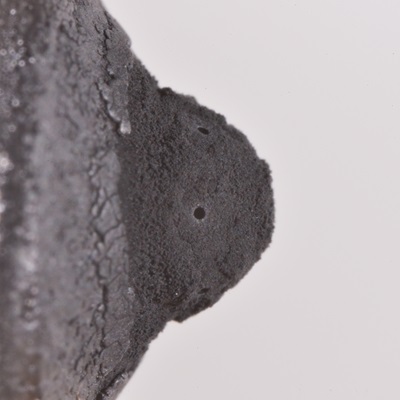
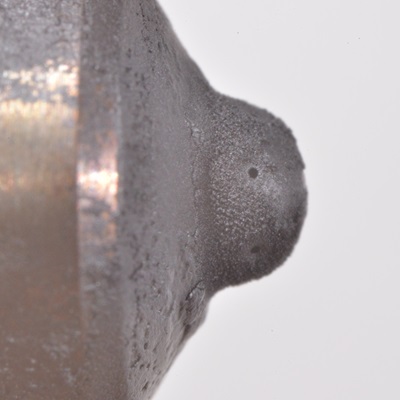
Figure 1: Images of test tractor fuel injector tip before and after DCA treatment
This baselining was followed by a period of 100 hours’ operation on the same base fuel treated with a deposit removal dose of a high performance DCA. Following the completion of this phase of the trial, a number of performance benefits arising from the use of the DCA were found:
- 2.1% restoration of fuel injector flows, supported by `before and after’ images of injectors showing deposit removal from injector surfaces and spray holes
- Power and torque take off as measured by the PTO improved by nearly 5%
- Fuel consumption improved by 6.8% as measured by the tractor telematics software
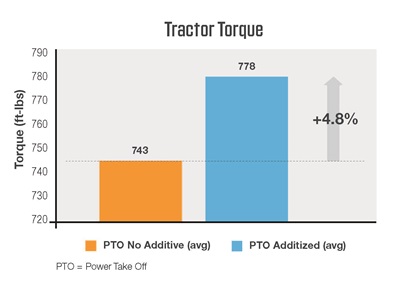
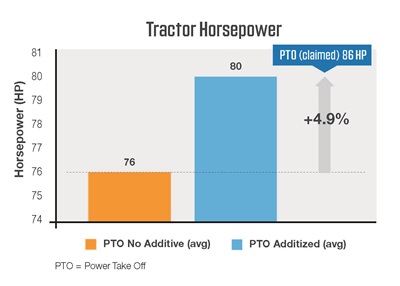
Figure 2: Power and torque for test 4.5L HPCR tractor before and after DCA treatment measured using PTO dynamometer
Our View
The global importance of and reliance on the agricultural market sector will intensify. Advanced diesel fuel additive solutions are required to provide the protection and reliability to deliver the ultimate level of performance and quality to protect agricultural equipment. With the implementation of rigorous off-road emissions standards such as European Stage V and US Tier 4, using high performance, advanced diesel fuel additive treatment solutions is another way to contribute towards efficiency to deliver those benefits to end-users.
For more information on fuel additives, contact your Lubrizol representative.






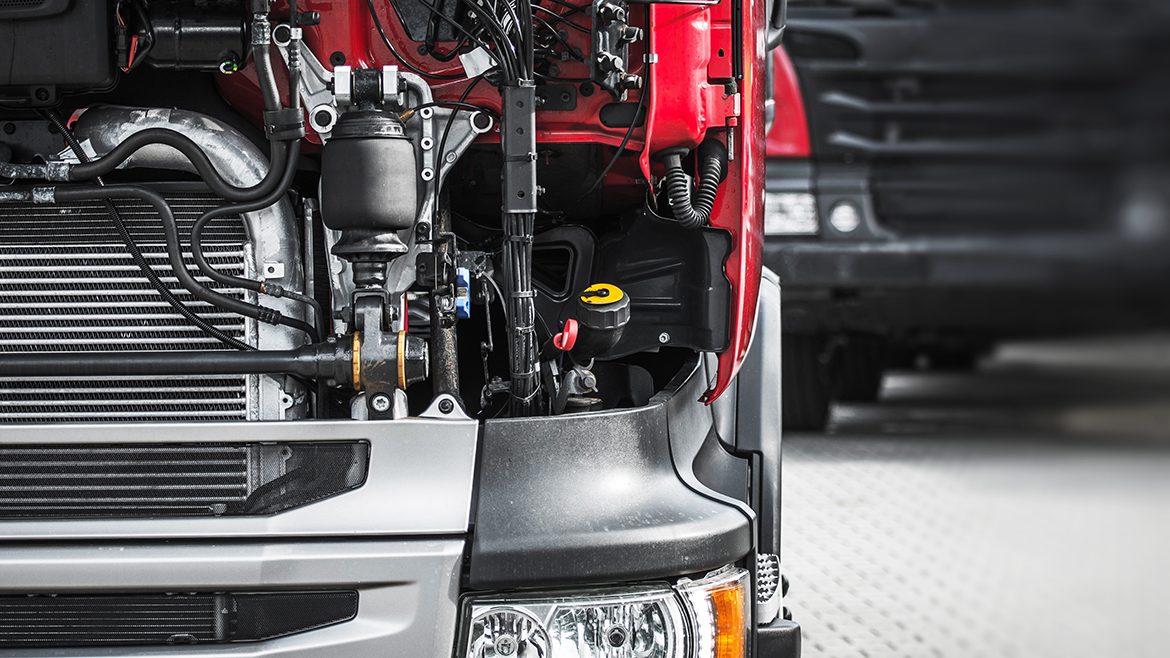

.jpg?h=658&w=1170&la=en&hash=2ABC1BD34C86459161E1A5564A6B790A)
